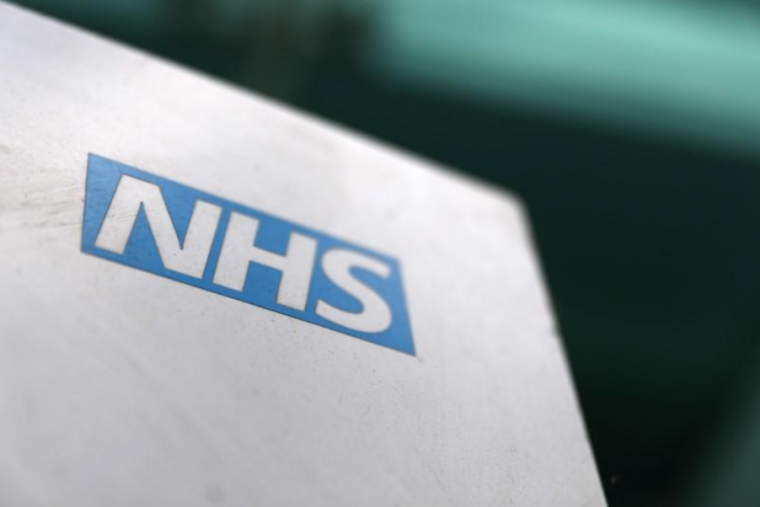Every life matters but in a pandemic, do some lives matter more?

In a world where we are learning more about how intensive care units work, about types of ventilators and other treatments for people whose Covid-19 symptoms are worsening, disabled people are worried.
Some have taken to social media about their concerns and raised petitions. Disability Rights UK also put out a letter to the Government signed by lots of disability organisations and this has also be shared widely on social media.
But the worry is not exactly what people assume it is.
Reactions to the social media post are either other disabled people saying they too are worried, or the 'not disabled' who want to allay fears and suggest the worries are unfounded by sharing lots of articles to prove the point.
So what is this worry?
Many people think it's only about who gets to be treated in critical care, ventilated or even resuscitated if they get the more severe symptoms of Covid-19.
It's actually a much wider and more complicated issue than that, but let's take a cursory look at that part of the discussion first.
The NICE guidelines on critical care provision and how they are interpreted
NICE refer to using the 'frailty score' in the decision-making process, including when end of life care should be given rather than giving aggressive treatment - that is, resuscitation and ventilation. This has led to many stories of homes where adults (not those over 60) and children with disabilities are having blanket 'do not resuscitate' (DNR) orders written up with no discussion with families.
DNR doesn't mean 'no active treatment' as it is referring to the invasive interventions of resuscitation and/or ventilation I mentioned earlier. But in a pressured health system that is creaking at the seams, 'no active treatment' can sometimes be the by product of being considered more 'frail'. This is the other area of worry for those with disabilities.
NICE did update their guidelines to say that the frailty score and, therefore DNR orders, should not include those with disabilities such as cerebral palsy, learning disabilities or autism (that is, conditions that don't limit life) but instead, there should be 'an individualised assessment of frailty'. This means it is down to the doctor making the decision at the time, which in turn can lead to the risk of that individualised assessment of frailty and ability being subjective.
There are many true stories where this has happened pre Covid-19.
It does appear from anecdotal stories that some areas are yet to implement the new amendments to the NICE Covid-19 guidelines, and are allowing blanket DNRs to be put in place - despite the guidelines stating that doctors are "in light of their duties to have due regard to the need to eliminate unlawful discrimination, to advance equality of opportunity and to reduce health inequalities. Nothing in this guideline should be interpreted in a way that would be inconsistent with complying with those duties."
The wording in the policies are fine, the ethics groups are making it clear that this should not adversely affect treatment offered to those with disabilities. But, when in the awful situations many of our amazing doctors are now finding themselves in, what do they do?
Welcome to the world of triage! I was a paediatric nurse who spent a lot of time working in intensive care and high dependency situations, so I know the awful reality of this. These life and death decisions are made all the time and I know the struggles many medical staff face in making these judgements day by day, and it's not easy at all.
With these kinds of decision having to be made more and more at the moment, I can see there will be many medics needing treatment for PTSD when this is over. In that moment when there are three people needing a ventilator and only one place, how do you choose? There has to be a system in place.
Triage in this instance means you choose the one most likely to survive.
This is where the subjective view of disability comes into play, which depends a lot on the decision maker's experience of disability. I wrote on the issue of medical care and disability a while ago, pointing out that those with disabilities are often less likely to get the treatment they need, just because of their disability.
Disabled people know there is a precedent for not receiving treatment because of preconceived ideas, and that includes active and necessary treatment (before any need for resuscitation). Their worries are set in reality and experience – not 'what ifs'.
When you see a disabled person voicing their concerns, please don't throw article after article at them to prove why they shouldn't worry. From their own experience they know what they are talking about. And please don't belittle their fears. Give them the courtesy of accepting their concerns as valid.
I'm going to close by asking an ethics question. If you were an intensive care doctor with two patients needing ventilation, both patients are in their twenties but one has Down syndrome with no health complication, who would you choose?
Where does the ever popular phrase 'every life matters' fit into this unprecedented situation?
Kay Morgan-Gurr is Chair of Children Matter and Co-Founder of the Additional Needs Alliance, part of the Evangelical Alliance Council. For more, www.kaymorgangurr.com and on Twitter @kaymorgan_gurr
More from Kay Morgan-Gurr
Why has it taken a coronavirus pandemic for the church to actually be there for the most vulnerable?
Could we have some more disabled people on TV please?
For those beginning the new decade in pain or grief, here's a word of encouragement











